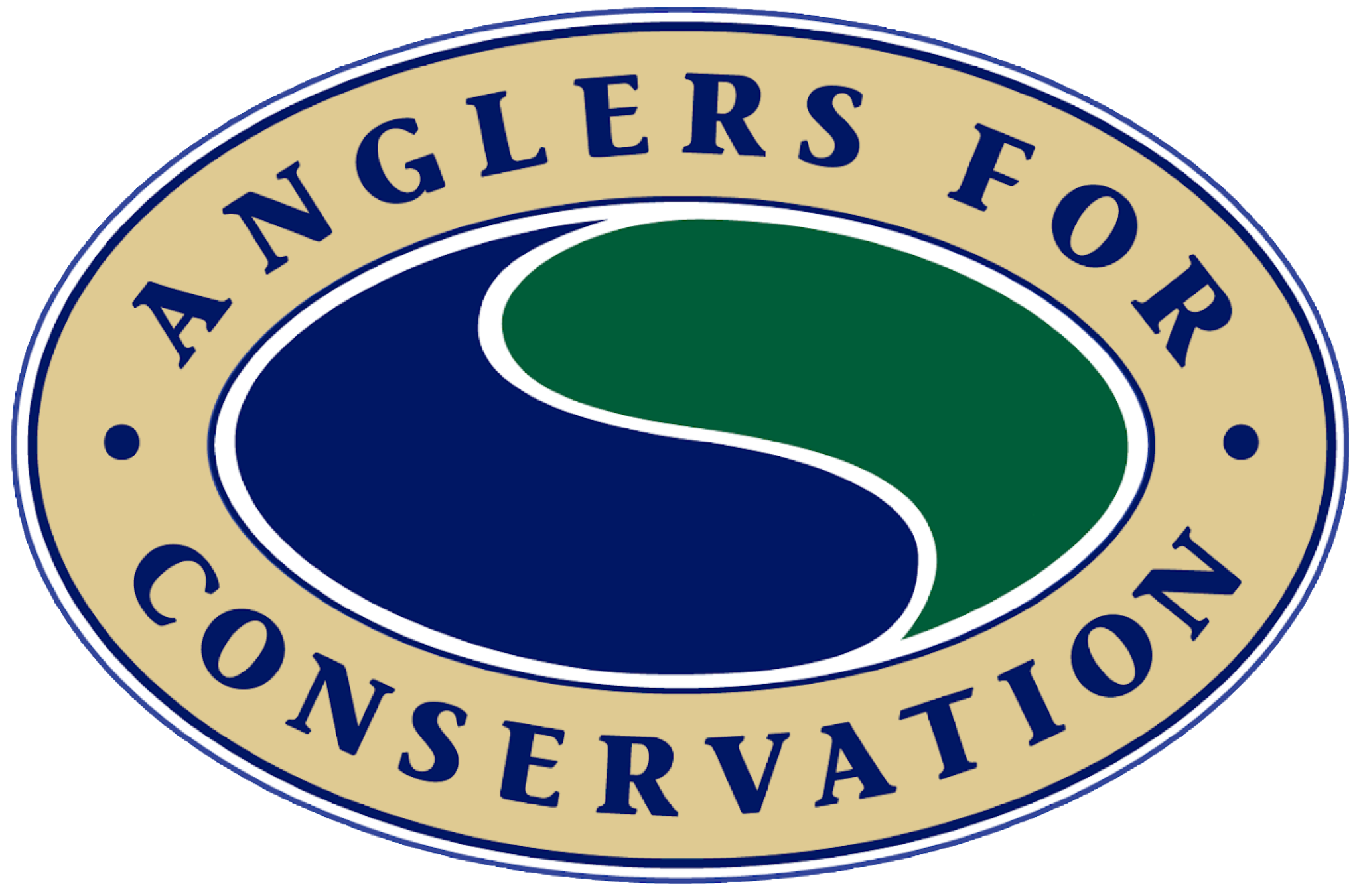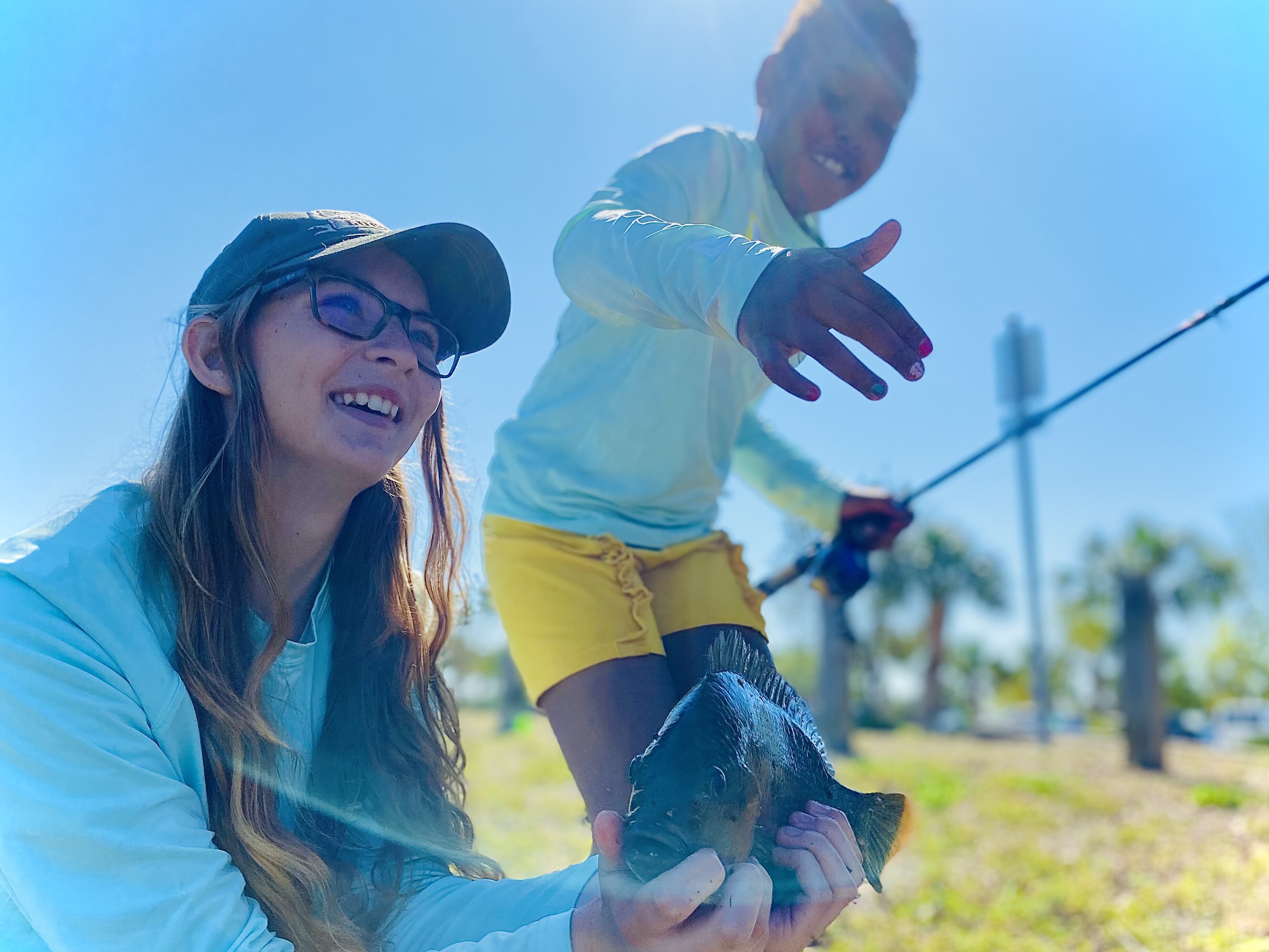by Rodney Smith
Being a writer who often focuses on fishing and outdoors conservation topics, I’m seldom at a loss for subjects. In fact, it seems like I’ve got a live-well plum full of frisky topics to choose from at any given time, and I’d like to believe you and I share a concern on a majority of the subjects swimming around in my mind. I realize we may not agree on the ins and outs of these matters, but they do conjure up concern for each of us, be it serious or frivolous.
While we concur, I’m not referring to important things like who drank your last two Budweisers last night (it could have been you; if you’re like me you might have forgotten!), or does the grass really need mowing this week. Nope, I’m referring to the less demanding topics, questions like how the effects of things like climate change, sea level rise, fisheries management, loss of fishing access, water pollution, habitat destruction and ocean acidification affect us and the things we love.
As a native Floridian, angler and long-time fishing guide/charter captain, I’ve had the great fortune to spend a good part of the past fifty years on the water, observing nature and our environment first hand. I can’t say all the changes to Florida’s fish and their habitat and water quality have been negative. There have been a few successes. We’ve cleaned up a big portion of Tampa Bay; we don’t kill tarpon unnecessarily any longer, and catch and release is practiced by a greater number of anglers. And we the people removed gill nets from our state’s waters via a Constitutional Amendment in the mid-90’s.
But not all is good. Along our nation’s Gulf and South Atlantic coast there has been a growing voice calling for states to manage federal fisheries such as grouper and snapper. My thoughts on this subject aren’t completely clear yet. However, when looking back at Florida’s sport fishing history, there have been many forced concessions made by recreational anglers that have saved the legacy of Florida being the Sports Fishing Capital of the World. Florida’s government regulators have done a much better job managing anglers by reducing the number of fish and species we can keep, but haven’t done enough to protect water quality and the habitat needed to secure healthy fish and their populations into the future.
While who manages our fisheries may not seem like a very important topic to someone who is investigating the more important things in life, it is. From my perspective, the question may be who will do the least harm when managing our precious resources. I don’t have the answer, yet.

